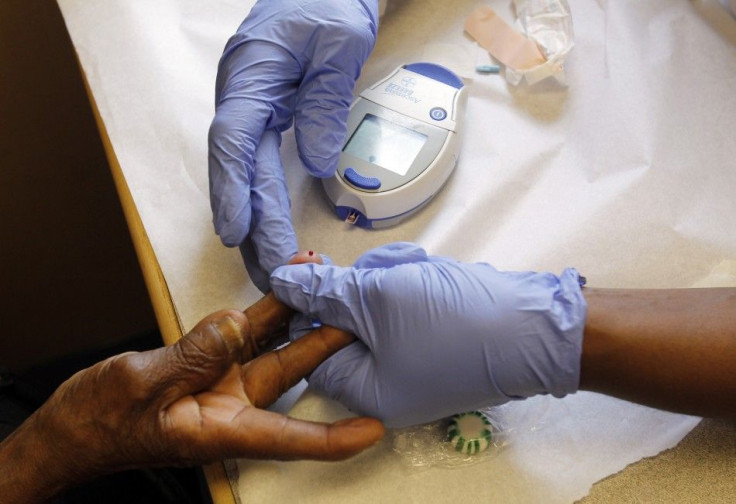Artificial Pancreas Therapy Could Be A Boon For Diabetics

A team of scientists at the Children's hospital in Colorado has designed fully-functional artificial pancreas that seem to work in clinical trials.
The technique uses mechanical artificial pancreas technology with transplantation of islets cells. The latter are the basic functional unit within the pancreas that produce insulin in the human body. In people who suffer from diabetes, the pancreas either produces no or limited amount of insulin.
The researchers are hopeful that their experiment could result in a breakthrough in developing an artificial pancreas for those suffering from diabetes.
During the small real-world clinical trial, 14 patients with pancreatitis underwent auto-islet transplantation treatment, in addition to a standard treatment. The transplantation treatment includes closed-loop insulin pump which depends on the continuous information related to blood measurement supplied to it.
The researchers found that the auto-islet transplantation treatment proved to be better at managing blood glucose levels in diabetics than the daily insulin injections.
"Use of the mechanical artificial pancreas in patients after islet transplantation may help the transplanted cells to survive longer and produce more insulin for longer," said the study's lead researcher Dr. Gregory Forlenza, in a study published in the American Journal of Transplantation. "It is our hope that combining these technologies will aid a wide spectrum of patients, including patients with diabetes, in the future."
It is estimated that more than 29 million Americans had diabetes in the year 2012. Out of the total number, nearly 8 million people were not aware of the condition. Untreated cases of diabetes may result in more serious and life-threatening complications, including heart attack, stroke, loss of vision, amputation and cardiovascular diseases.
© Copyright IBTimes 2024. All rights reserved.




















